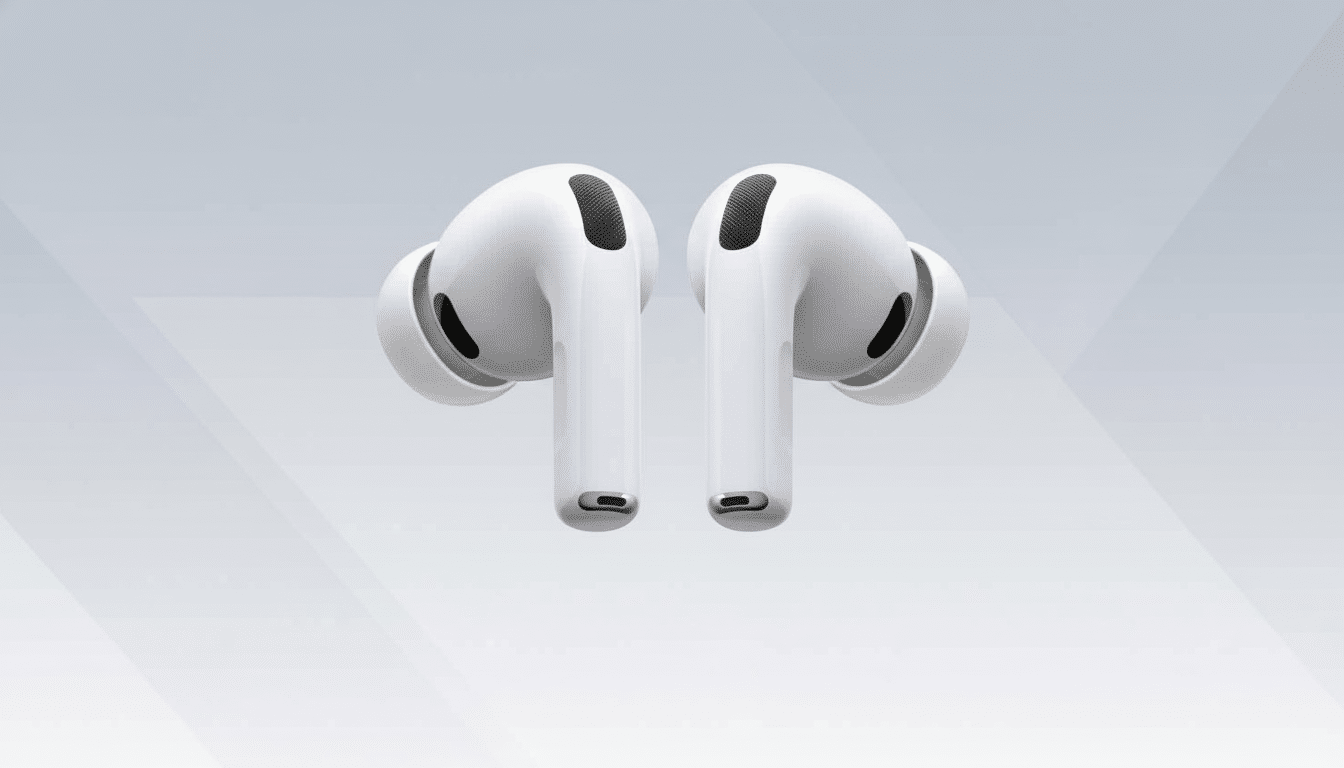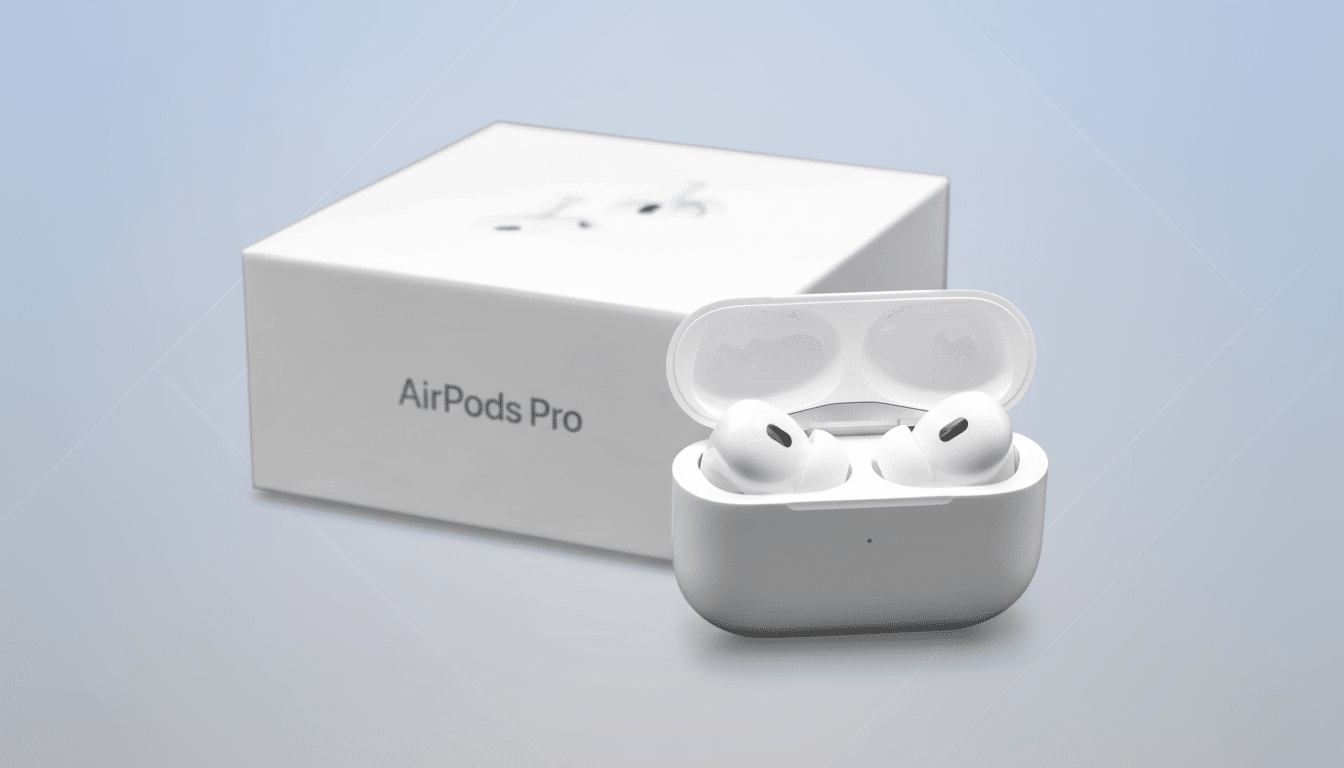Apple’s AirPods Pro 3 emerge with a typical price tag and a not-so-typical feature set. The new top-of-the-line earbuds maintain the $249 price while doubling down on noise cancellation, health tracking and smarter experiences that more tightly weave into the iPhone ecosystem.
Design and sound get a utilitarian overhaul
Apple is bedding down on comfort and seal quality with foam-infused ear-in seals that are available in five sizes. That’s a subtle but important difference: A tighter seal increases passive isolation, which means the active noise cancellation works more effectively and that there’s more bass response without having to jack the volume.

The company also points to a new acoustic design for spatial audio. That matters for Dolby Atmos mixes in Apple Music and for movie watching on iPad or Apple TV, where head-tracked spatial audio can sound more natural when the drivers and venting are tuned to minimize pressure and phase anomalies.
For ANC, Apple promises twice the noise reduction as the previous generation, and as much as four times that of the original Pro model. Translation: the low-frequency hum of a train or airplane should fade more definitively. ANC is usually measured by independent labs in decibels across a range of frequency bands, so real-world performance will depend on fit and surroundings, but the direction of improvement here is obvious.
Heart rate and fitness checks land in the Pro line
Onboard heart rate monitoring for the first time in AirPods Pro allows you to experience audio and health all in one place. The feature is synced with the iPhone’s Fitness app and Apple Fitness+, and it presents live metrics during guided workouts and day-to-day runs without an Apple Watch. It’s a trick that we got a preview of on the Beats Powerbeats Pro 2, and one that’s now made official on Apple’s mainstream buds.
Although optical sensors in the ear are especially sensitive to fit, movement and skin tone, they’re still able to deliver useful pulse trend information for steady-state efforts, such as treadmill jogs or cycling. Anticipate the same sensor smushing with software-enhanced smoothing to take the edge off spikes and dropouts that have many wearable makers enhancing their accuracy with similar methods.
The sound translation you’ve only wished for
Live translation goes in your ears!
AirPods Pro 3 bring with them live translation, a feature that makes the earbuds a light travel aid. Other rivals like Samsung’s Galaxy Buds and Google’s Pixel Buds have their own takes; Apple’s combination seems to lean heavily on tight integration with the iPhone and Siri,…keeping the friction to a minimum for setup and ensure translations flow hands-free in conversation.

With in-ear translators, the test is how well a device performs in noisy spaces, latency and accuracy. Should Apple be able to minimize lag and improve context, especially for common travel-related dillydally like ordering food or navigating transit, then it”™ll be more than an entertaining novelty.
Battery life and durability meet the moment
With ANC on, battery life increases to an advertised eight hours per full charge, and 10 hours with transparency mode. That’s on brand with the new benchmark set by recent ANC rivals, and a welcome uptick from the older Pro’s six-hour number. Extra hours count not just for flights but also for mixed-use days when you’re juggling calls, music and podcasts.
There’s a stronger level of dust and water resistance with IP57 rating, which is good for sweaty workouts and unexpected downpours. Runners and gym rats who had previously turned to more sport-centric earbuds might have even fewer reasons to pack a separate pair.
Agressive pricing in a crowded premium field
The price for AirPods Pro 3 at $249 is strategic. Top-shelf alternatives such as the Bose QuietComfort Ultra Earbuds and Technics EAH-AZ1000 often come in closer to $299 and don’t include built-in heart rate tracking or live translation. Apple is undoubtedly setting these up as the all-rounders to beat, not just for iPhone owners but anyone considering price-to-feature value.
Counterpoint Research analysts have long-rated Apple as the global leader for true wireless shipments and revenue, and maintaining pricing will help solidify the lead as feature creep increases the cost of doing business across the category. For buyers, it makes the decision easier: you get more capability for the same spend.
Bottom line
And AirPods Pro 3 aren’t just iterating; they’re taking what premium earbuds should do and expanding the scope. Stronger ANC, extended battery life, in-ear heart-rate monitoring and live translation turns it into a more versatile everyday partner — and it doesn’t get more expensive. If Apple’s implementation is as good as the spec sheet, these are going to raise the bar for the next wave of true wireless competitors.

